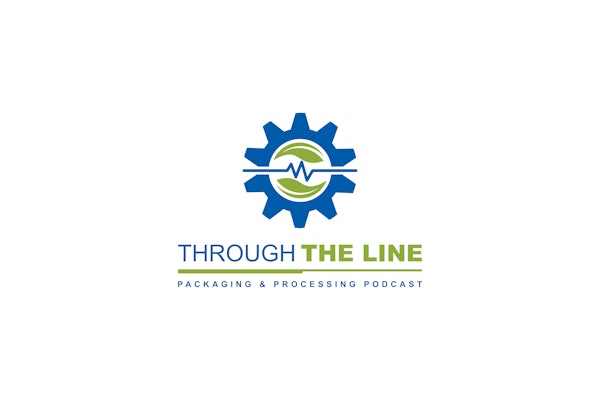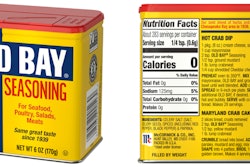On thirsty summer days, for example, Bridie would invariably dip into The Rime of the Ancient Mariner and hit us with “Water, water, everywhere, nor any drop to drink.”
I’m reminded of those lines today as I hear packaging engineers talk about their growing reliance on data. But where the ancient mariner’s problem was that he was awash in undrinkable salt water, those managing today’s packaging lines are awash in unmanageable data. With apologies to Coleridge, it’s a matter of “Data, data, everywhere, but where’s some actionable info?”
Maybe the way out of this dilemma is less data. Maybe the problem is that because managers are feeling more pressure than ever to increase efficiency and maximize all assets, they are looking for ways to collect more and more data. But in the process, focus and clarity fall victim to information overload.
That is the premise of a new white paper put out by Activplant Corp., a Canadian firm focused on providing business intelligence to manufacturers. The message is fairly simple: If managers can block out extraneous details and concentrate on only the most valuable data, they’ll be able to see a clear picture of the enterprise’s manufacturing strengths and weaknesses and can then take meaningful action in real time.
The white paper goes on to address the importance of what it calls “role-based reporting,” a viewpoint recognizing that not everyone in the enterprise needs the same data or processes data in the same way. Timing is important, too. Analysts like to talk about how increasingly important real-time data has become. But does the continuous-improvement team really need information in the same time frame as the machine operator or managers at the executive level? The Activplant author suggests that data is best managed in a manufacturing organization if we sort out the stakeholders along these lines:

























